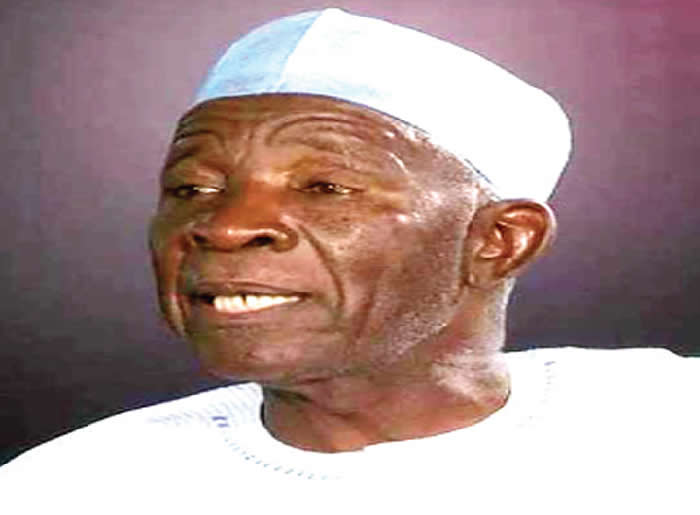Buba Galadima, a prominent political figure, offered a scathing critique of the current political landscape in Nigeria. He began by withholding a definitive assessment of President Bola Tinubu’s administration, preferring to wait until the two-year mark to offer a comprehensive evaluation. However, he acknowledged the widespread economic hardship and rising prices, hinting at potential government manipulation of commodity costs through undisclosed importations by those connected to the administration. He stressed the need for decisive action and policies that benefit the populace, rather than relying on favoritism and cronyism.
Galadima then addressed the internal turmoil within his own party, the NNPP, laying the blame squarely on the ruling APC. He accused the APC of actively attempting to destabilize not only the NNPP but other political parties as well. He cited specific instances of political maneuvering in Kano State, where he alleged the APC deliberately hampered the governor’s functions by withdrawing security details and creating parallel organizations to undermine the state government. He dismissed the APC’s alleged attempts to buy NNPP members through financial inducements, expressing confidence that the people of Kano would recognize these tactics and hold the APC accountable.
Regarding the recent defections from the NNPP to the APC, Galadima downplayed their significance, stating that the individuals were expelled, not lost. He emphasized that no one was indispensable in the party and cited Senator Rabiu Musa Kwankwaso’s past electoral successes, even without the support of traditional political power structures. He reiterated the party’s focus on serving the common man, suggesting that this resonated more with the electorate than political alliances or endorsements from former governors or senators. He also rejected the notion that Kwankwaso and the NNPP are secretly aligned with the APC, pointing to the APC’s alleged efforts to undermine the NNPP’s government in Kano as evidence of their adversarial relationship.
Addressing El-Rufai’s coalition movement through the SDP, Galadima revealed that he had met with some of El-Rufai’s associates and shared his skepticism about their chances of success. He questioned El-Rufai’s credibility as an opposition leader, citing his history of taking over established political structures rather than building new ones. Galadima further asserted that El-Rufai was merely a placeholder for another, unnamed individual, and that the baggage from past actions would hinder the SDP’s progress. He predicted that El-Rufai’s perceived lack of trustworthiness, his history of betrayals, and his controversial statements would ultimately lead to the downfall of the SDP.
Galadima further cast doubt on the PDP’s viability as a leading opposition party, describing it as fragmented and irredeemable. He identified three distinct factions within the PDP vying for control – the FCT Minister’s group, the governors’ group, and Atiku’s group – and characterized Atiku’s group as the weakest. He speculated that Atiku’s fear of political isolation was driving his alleged alliance with El-Rufai, suggesting that El-Rufai was positioned as a fallback option in the SDP should Atiku be ousted from the PDP. He predicted the PDP’s demise in the 2027 election, citing the influence of FCT Minister Nyesom Wike and his alleged control over the judiciary.
Finally, Galadima addressed the debate surrounding the informal power-sharing agreement between the North and South, dismissing the notion of any such pact. He emphasized the principles of democracy, asserting that any Nigerian citizen, regardless of region, has the right to contest and win elections. He advised Atiku against running in the 2027 election, suggesting that after decades of seeking the presidency, it was time for him to support other candidates. He encouraged Atiku to consider supporting a younger candidate, perhaps even his own son if qualified. He reiterated his skepticism about the El-Rufai-led SDP movement, characterizing it as a futile exercise. He concluded by offering advice to President Tinubu, cautioning him against suppressing the opposition and urging him to remain open to diverse perspectives. He stressed the importance of allowing dissent and critical voices, advising the President not to rely solely on information provided by security agencies.


